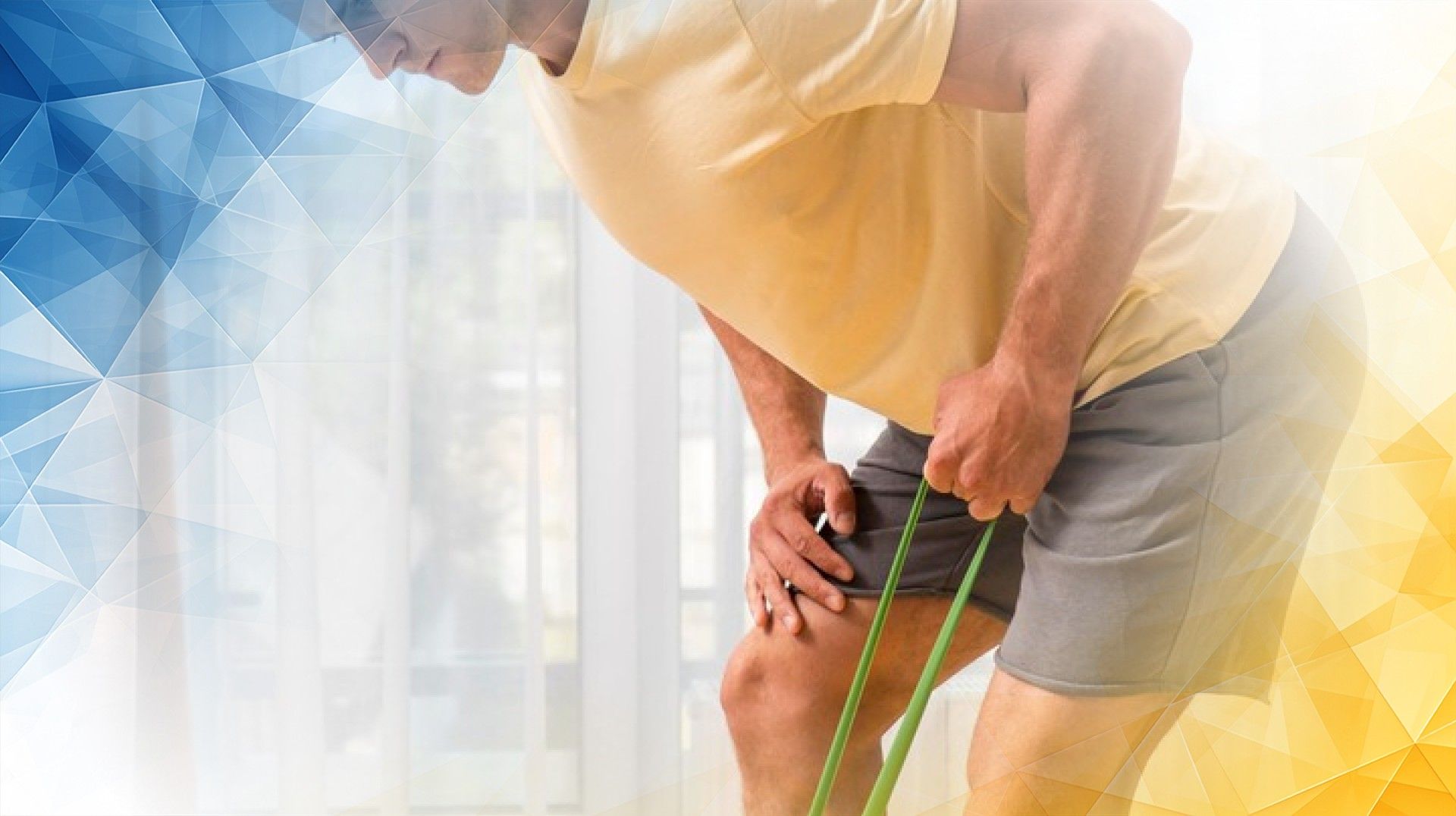



Lower back pain and knee pain are among the most common complaints, especially as we age. These aches can make everyday tasks more challenging and have a big impact on your quality of life. But did you know that these two problems are often connected? Understanding their link is key to finding more effective ways to treat and prevent them. In this article, we’ll break down what the latest research says about the connection between lower back and knee pain—focusing on muscle strength, posture, movement patterns, and simple strategies you can use at home.
Many people experience both knee and lower back pain at the same time—this is particularly true for older adults, those who spend long hours sitting, or people with jobs that require heavy physical work. Several studies have found that knee pain is more likely to go hand-in-hand with back pain as people get older. For example, pain behind the knee can sometimes stem from issues with the spine or muscle imbalances elsewhere in the body. If we recognize that back and knee pain are linked, it makes sense to treat them together rather than separately. This approach tends to work better and lowers the chance of long-term problems. Alternative therapies like acupuncture have even been shown to help manage symptoms and reduce the need for multiple medications, making treatment safer for older adults.
Science backs up the link between lower back pain and knee osteoarthritis, a common cause of knee pain in older adults. Studies have consistently found that people with knee osteoarthritis often report more severe back pain—and vice versa. In fact, these joint pains frequently impact each other: if knee pain changes the way you walk, it can put extra strain on your lower back. Likewise, spinal issues can affect your gait and put more stress on your knees. This interconnectedness is why health professionals focus on treating the whole body and not just a single joint. Even simple knee strengthening exercises you can do at home can help address both problems at once.
Several factors contribute to back and knee pain :
Studies suggest that back pain tends to be more common in women and people who are overweight. Weak thigh muscles and lower back muscles have also been linked to more pain and limited mobility. The good news? Non-surgical treatments that focus on building strength and flexibility—along with improving posture and walking habits—can make a real difference.
The way your body moves and holds itself (your biomechanics) is at the heart of the connection between knee and back pain. Poor posture or weak back muscles can tilt your pelvis, throw off your alignment, and put extra pressure on your knees. Over time, these changes can alter your gait, tire out supporting muscles, and speed up joint wear and tear. Getting older, gaining weight, or moving less only makes things worse. Without regular exercise and attention to muscle strength, your body loses some of its natural shock -absorbing ability. But here’s the upside: by focusing on lifestyle changes and targeted exercises, you can slow down or even prevent the development of pain.
An effective approach for managing lower back and knee pain combines several key strategies:
The earlier you begin these interventions—and the more consistent you are—the better your chances of reducing pain and moving comfortably.
Lower back and knee pain are closely linked by the way our bodies move and support themselves. Research shows that by focusing on muscle strength , posture, and healthy lifestyle changes, you can keep both your back and knees healthier and more comfortable. Simple exercises , mindful movement , and staying active are powerful tools to manage, and even prevent, these common aches for years to come.
Wolfe, F., Hawley, D., Peloso, P. M., Wilson, K., & Anderson, J. (1996). Back pain in osteoarthritis of the knee. Arthritis & Rheumatism, 9(5), 376-383.
Baliki, M. N., Geha, P., Jabakhanji, R., Harden, N., Schnitzer, T. J., & Apkarian, A. V. (2008). A preliminary fMRI study of analgesic treatment in chronic back pain and knee osteoarthritis. Molecular Pain, 4, Article 47. https://doi.org/10.1186/1744-8069-4-47
Çevi̇k, C., Anıl, A., & İşeri, S. Ö. (2015). Effective chronic low back pain and knee pain treatment with acupuncture in geriatric patients. Journal of Back and Musculoskeletal Rehabilitation, 28(3), 517-520.
All our treatments are selected to help patients achieve the best possible outcomes and return to the quality of life they deserve. Get in touch if you have any questions.
At London Cartilage Clinic, we are constantly staying up-to-date on the latest treatment options for knee injuries and ongoing knee health issues. As a result, our patients have access to the best equipment, techniques, and expertise in the field, whether it’s for cartilage repair, regeneration, or replacement.
For the best in patient care and cartilage knowledge, contact London Cartilage Clinic today.
At London Cartilage Clinic, our team has spent years gaining an in-depth understanding of human biology and the skills necessary to provide a wide range of cartilage treatments. It’s our mission to administer comprehensive care through innovative solutions targeted at key areas, including cartilage injuries. During an initial consultation, one of our medical professionals will establish which path forward is best for you.
Contact us if you have any questions about the various treatment methods on offer.
Legal & Medical Disclaimer
This article is written by an independent contributor and reflects their own views and experience, not necessarily those of londoncartilage.com. It is provided for general information and education only and does not constitute medical advice, diagnosis, or treatment.
Always seek personalised advice from a qualified healthcare professional before making decisions about your health. londoncartilage.com accepts no responsibility for errors, omissions, third-party content, or any loss, damage, or injury arising from reliance on this material. If you believe this article contains inaccurate or infringing content, please contact us at [email protected].